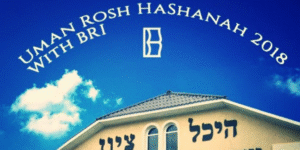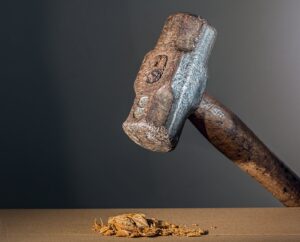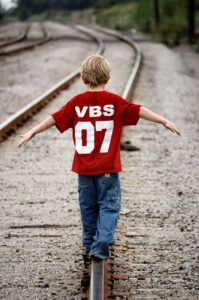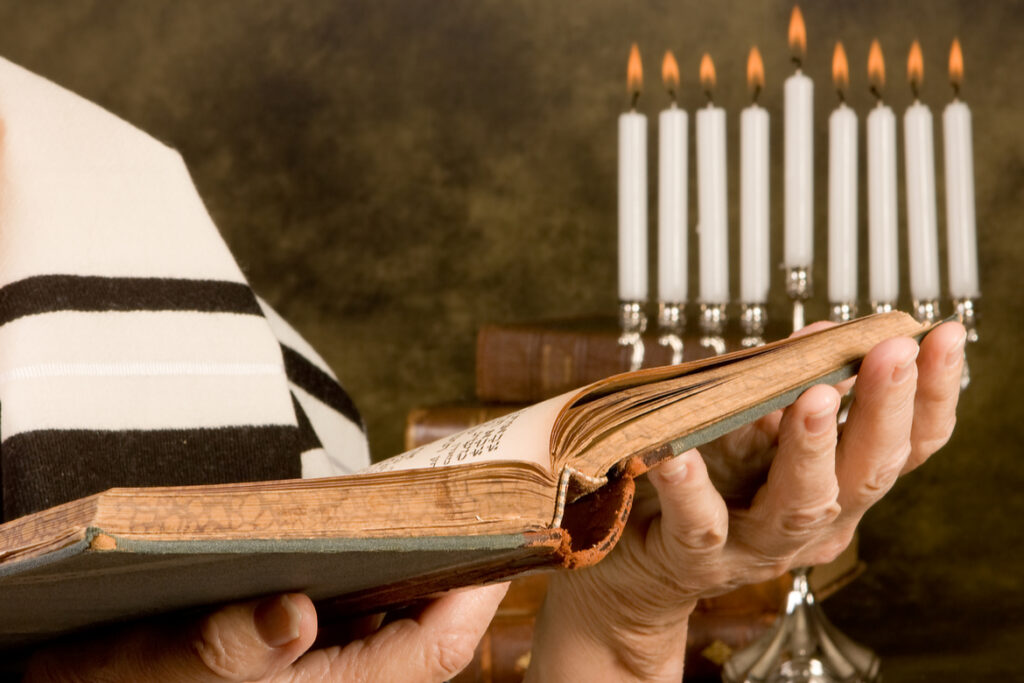Rashi
I don’t know why, but within the last 48 hours I heard something that I had never heard in the past. To wit, that 29 Tammuz (Monday night and Tuesday, July 20th and 21st of ‘09) is Rashi’s yortzeit (anniversary of his passing). I never knew that. Then my 18 year old daughter asks, “Where’s Rashi buried?”
“Nobody knows,” I answered.
“How come?”
“Well, if we did, we’d probably all be davening (praying) at his gravesite and Moshiach would come.”
That was my immediate response, and I think it’s true. In Sichot HaRan (aka Rabbi Nachman’s Wisdom) #223, the Rebbe zal says, “You may not realize it, but Rashi is like the brother of the holy Torah. Every Jew, from childhood on, studies both the Written and Oral Torah with Rashi’s commentary. Think of this and you will understand Rashi’s outstanding greatness.”
So, let’s start a bit to practice this eitzah (suggestion) of Rebbe Nachman and ponder Rashi’s greatness, and the debt we owe him. How much of the Torah would be a closed book without his guidance, how much insight he adds with a single word said—or unsaid. It’s over a thousand years now that Jews of every sort, in every locale, have been learning Rashi. Rashi has generated so much Torah, starting with the Baalei Tosfot. (Well, maybe starting with his family. Two of his sons-in-law and three grandsons were among the Baalei Tosfot. Some Shabbos table they must have had!)
Another big feature of Rashi is his simplicity. We all know that Rashi’s comment here doesn’t always agree with his comment elsewhere. But part of Rashi’s greatness is to be here now, to unlock the Divine Will with how the Torah is being manifested right in front of us.
An overlooked feature is the unity Rashi engenders. Not only the unity among Jews across the globe and across time—that the Jews are one—but the unity of the Torah herself, despite her seeming contradictions. One of the rebbes of Nadvorna zal, once commented that those who abandon the study of Chumash and Rashi, even great Torah scholars, end up with an erosion of faith, a loss of their oneness with God.
And let us consider the choice of Rebbe Nachman’s words. Rashi is the brother of the Torah. In Hebrew the word for brother, ach ??, has the same root as the word for one, echad ???. Rashi and the Torah have the same “parents,” the same roots in the worlds above. You can’t see me shrugging and raising my hands open-palms up—can such a human being be described? I’m at a loss for words to do so.
So it’s no wonder that Rashi’s burial site is hidden. His “parentage” makes him like Moshe Rabbeinu! The Talmud (Sotah 14a) tells us that no one knows where Moshe Rabbeinu is buried. One of the reasons is (according to the Ein Yaakov) is that if we knew, Jews would ensemble en masse and plead for the immediate arrival of Moshiach—and be heard. In the merit of the tzaddikim may we soon unite and greet the goeil tzedek, the righteous Redeemer. Amen.
© Copyright 2009 Breslov Research Institute
- 0 comment





















